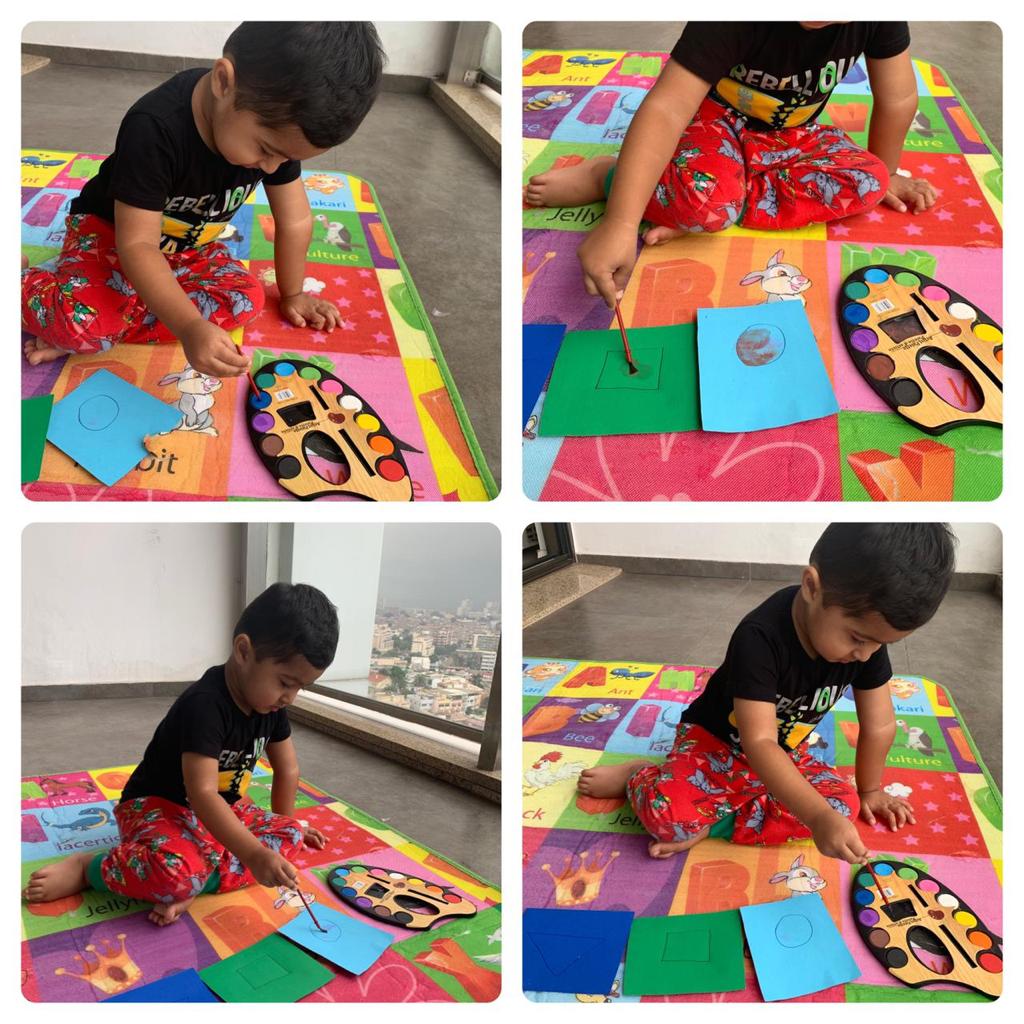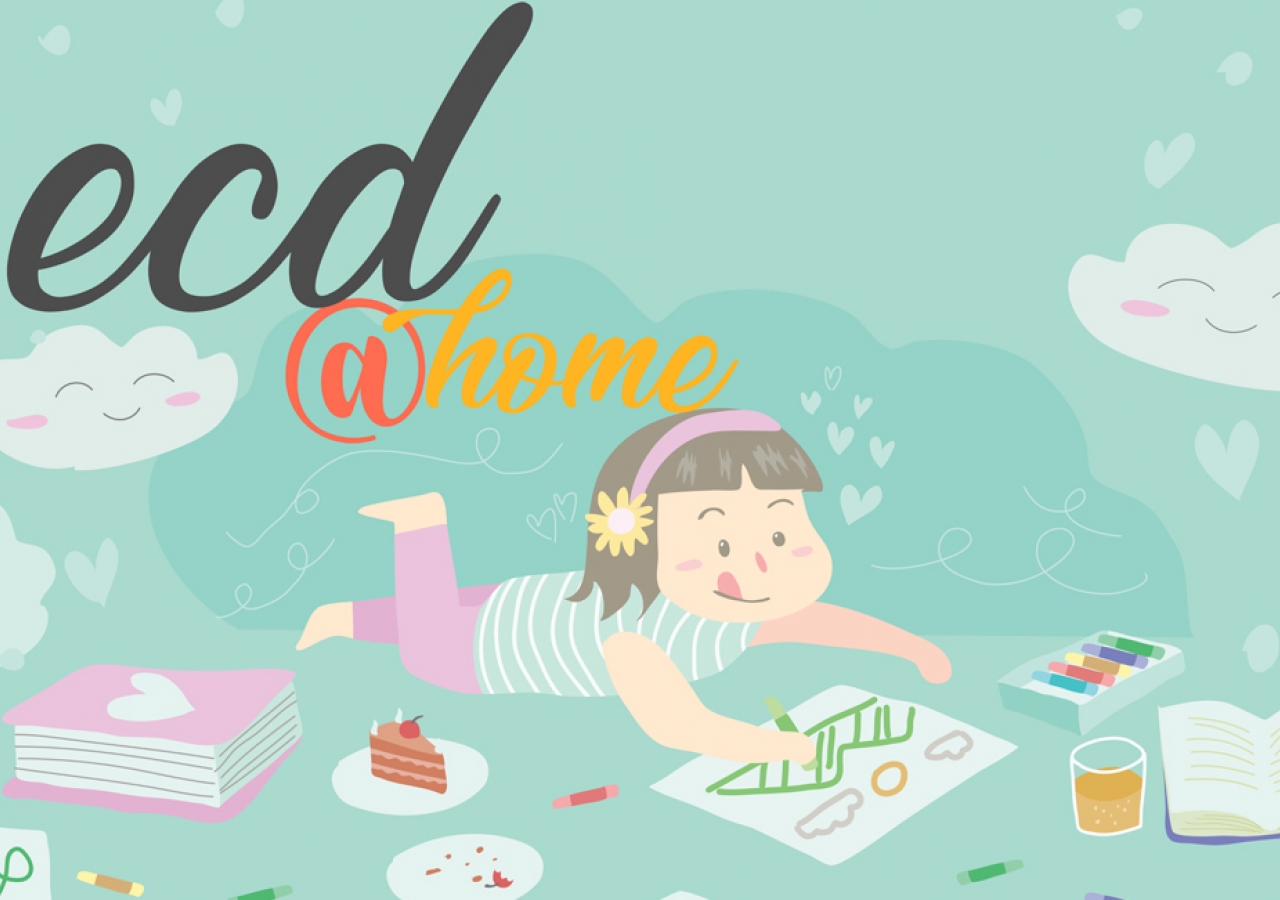Jaime Saavedra, Global Director for Education, describes it as the “largest simultaneous shock to all education systems in our lifetimes” (World Bank 2020).
More specific to early childhood education, this international health crisis has precipitated unprecedented, sweeping, and dramatic changes in the lives of children and their families, preservice and inservice teachers of young children, and early childhood teacher educators.
When we consider all aspects of young children’s development, the profound implications of this global pandemic are evident. Covid-19 not only suspended normal childhood activities such as attending school, interacting with extended family and friends, playing outdoors, and exploring nature but also disrupted the consequent socio-emotional benefits that accrue from children’s engagement in these experiences.
With this in mind the Aga Khan Education Board for Angola has created the Program ECD@Home to help parents in these trying times.
The second Edition of this program has started in January 2021. Bi montly activities are researched and sent to parents of various ages to actively help the children of our Jamat to develop.
Below some examples of activities shared with parents:
Memory Game
The purpose of this activity build’s a child’s memory. Memory is the process by which we retain mental impressions or knowledge learned. When the brain encounters new learning, it goes through both physical and chemical changes. Neural networks are formed and reinforced in the process, which helps develop an awareness of patterns and their relationships.
Materials:
Two decks of playing cards or picture cards
Procedure:
• Place 8-10 pairs of cards face down.
• Each person turns one over then another, if they match, they keep the cards and get another turn
• Second player turns 2 cards over
• To increase the level of difficulty, increase number of cards
Visual Memory
Items described in this activity are seen in the home at all times. However, when placed in a row and grouped together, the brain pays more attention to these things. Greater attention is placed because these items do not fit an established pattern; they are new and different. The brain reacts to the ordinary and over time the brain lowers the levels of stimulation when things are routine. When something new occurs, it causes the release of adrenaline, which acts as a memory fixative.
Materials:
3-5 objects around the house like button, pencils, coin, toy, Etc.
Procedure:
place 3 objects in a row, have your child look carefully. Then close his/her eyes, and rearrange the objects. Child opens his/her eyes and ask him/her to rearrange objects in the original order.
If it is too easy, use 4 or 5 objects.
The Aga Khan Education Board team would also like to wish Navruz Mubarak to all! May this new bring joy health and happiness.
1Playing
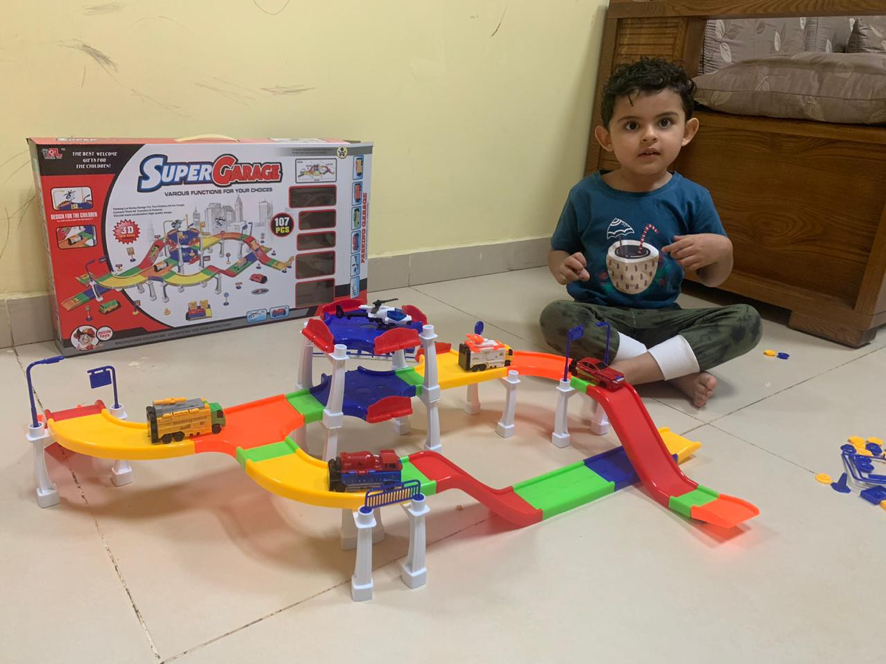
Playing
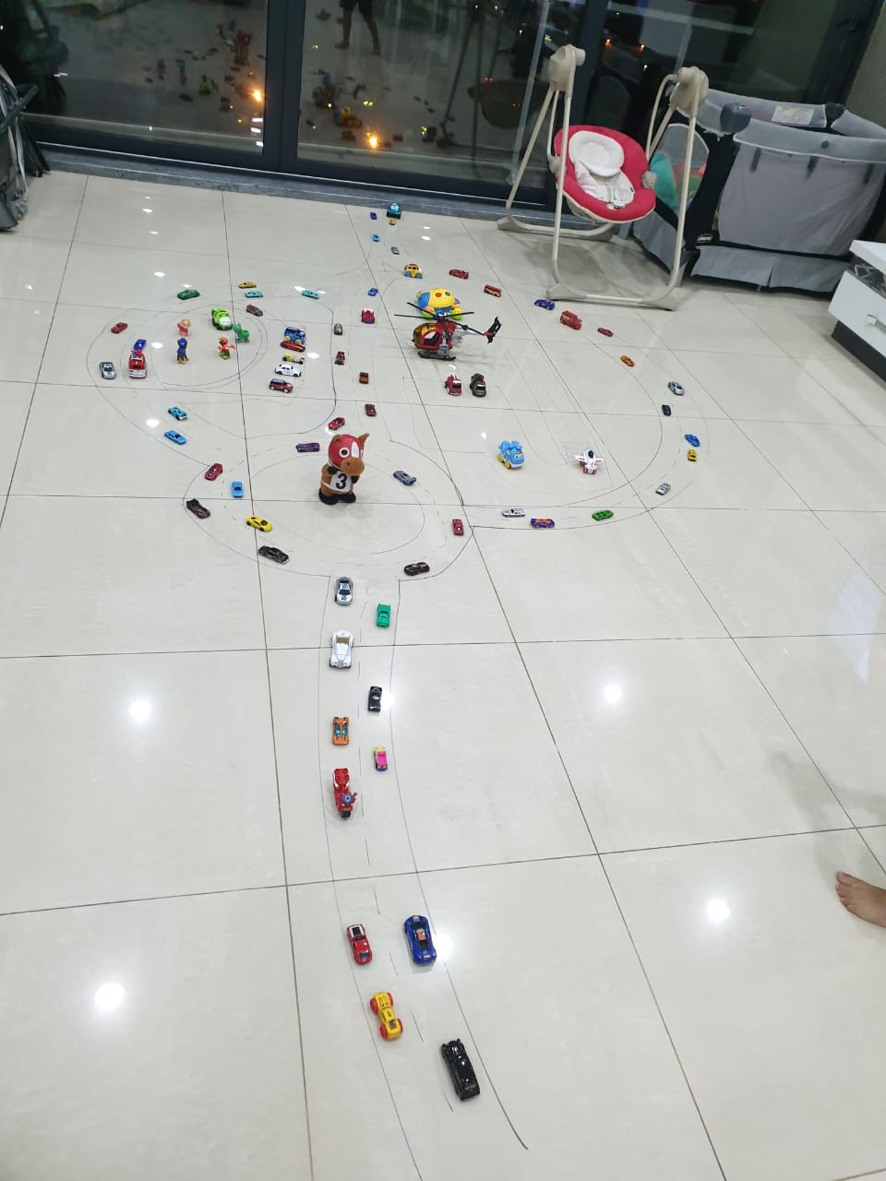
ECD
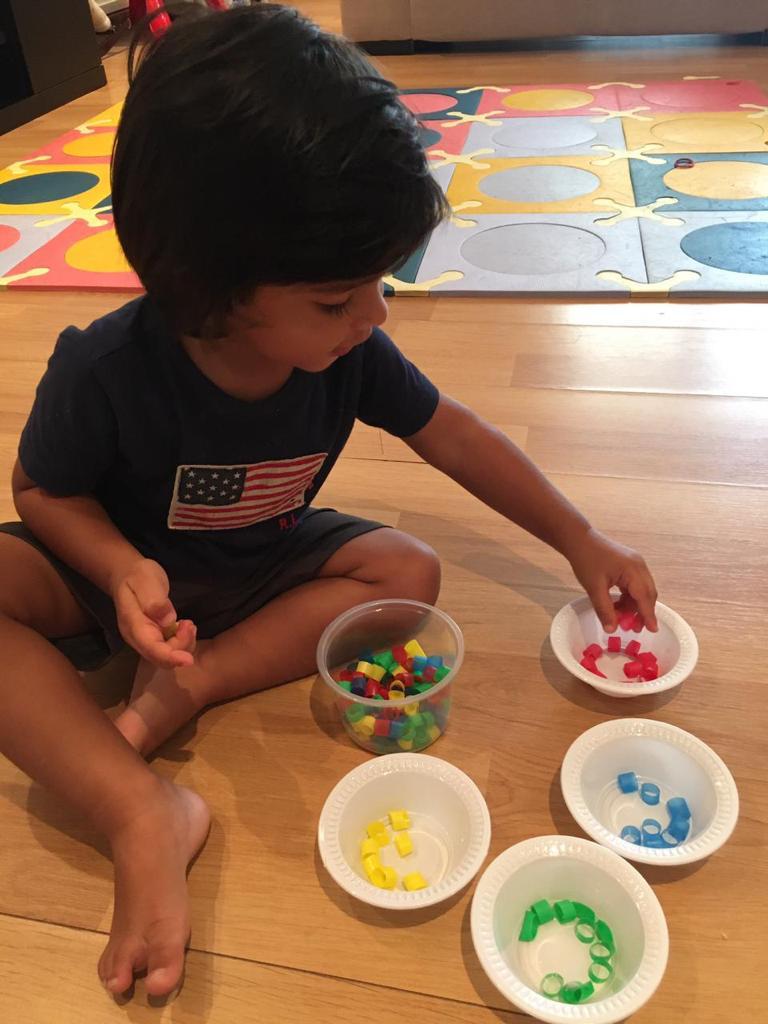
ECD
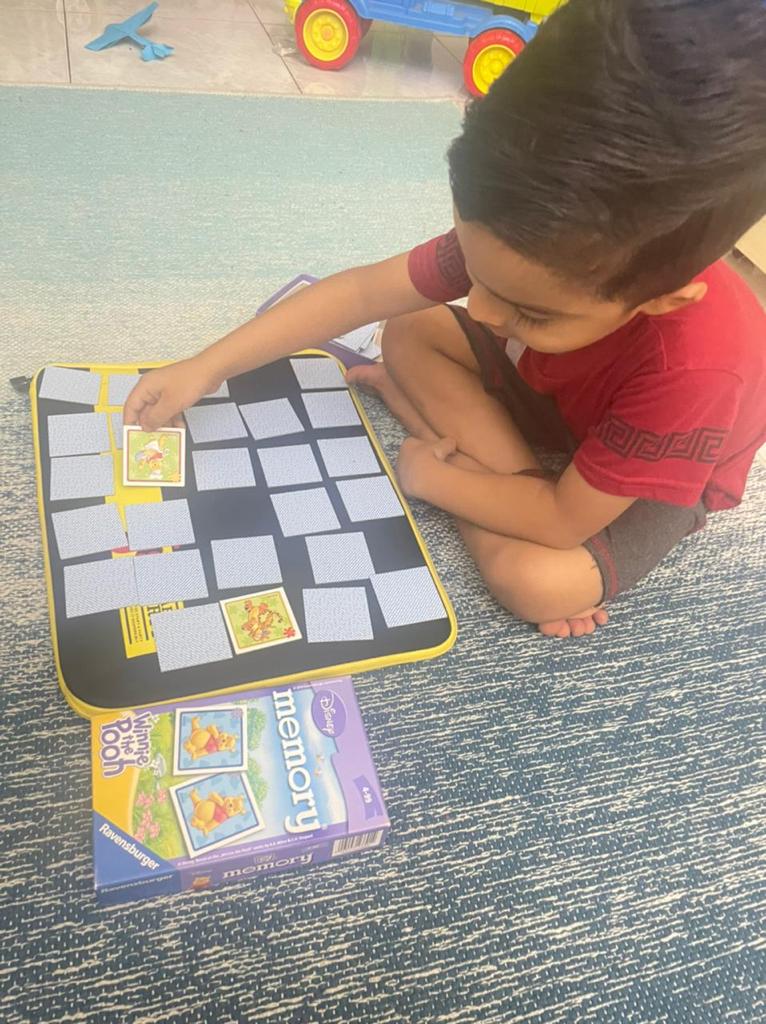
ECD

ECD
